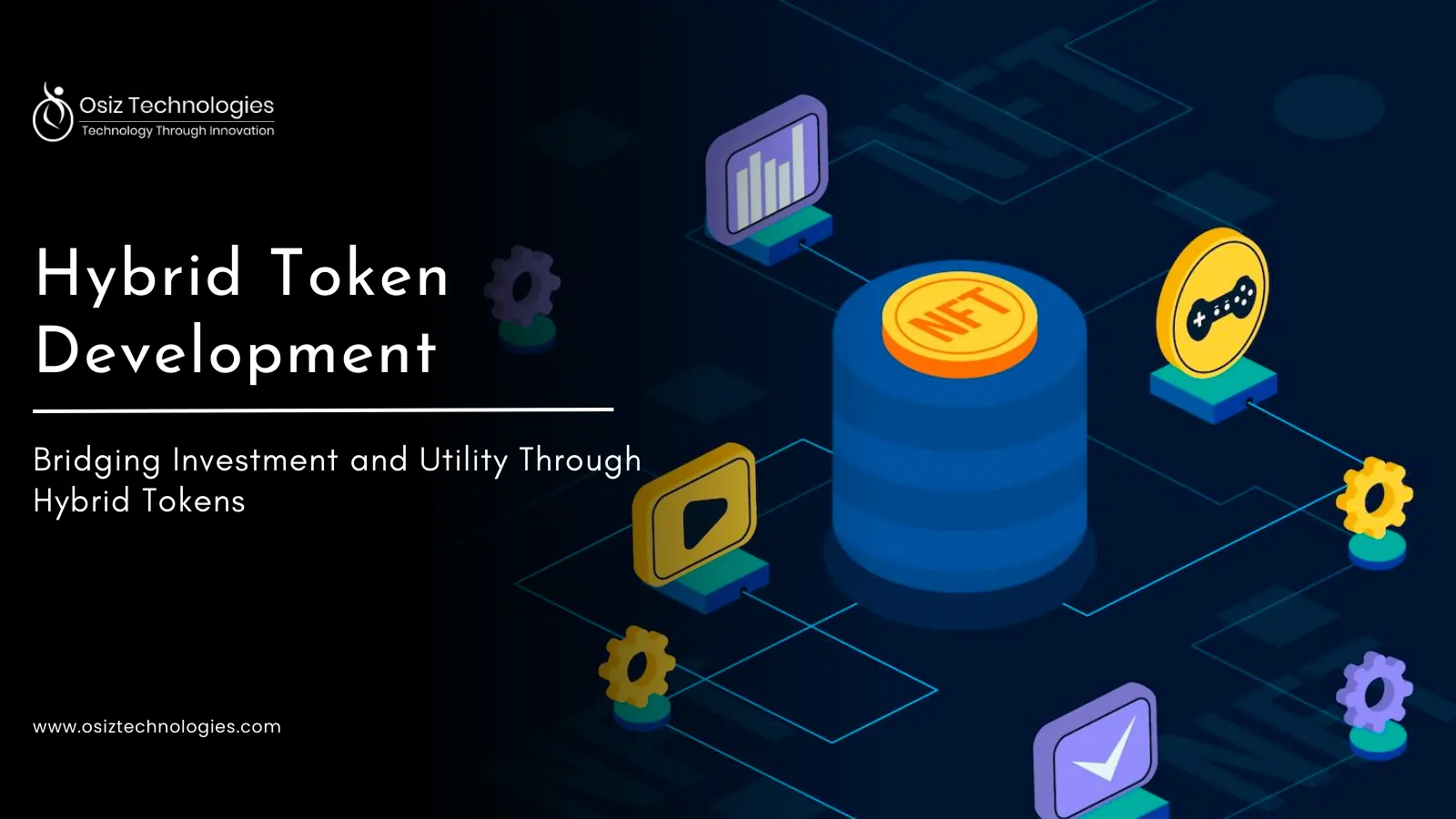Artificial Intelligence (AI) is not just transforming industries; it’s revolutionizing the way we approach and design simulation games. These games provide AI agents with complex environments to learn, adapt, and improve their decision-making capabilities. Here's a look at the top five simulation games that are pushing the boundaries of AI development.
1. Proxi
Proxi is a unique AI simulation game developed by the legendary game designer Will Wright. In Proxi, AI agents are built from the player’s memories, creating a personalized simulation experience. The game explores how AI can mirror human thought processes, making it an excellent tool for studying memory-based learning and cognitive modeling. As the player progresses, the AI learns more about them by reflecting on their personality and decisions.
Key Features:
- Memory-based AI development
- A highly personalized simulation environment
- Insight into cognitive AI modeling
2. StarCraft II
StarCraft II is more than just a real-time strategy game; it's a rigorous testing ground for AI development. AI agents are challenged to manage resources, execute strategies, and adapt to the unpredictable moves of opponents. Google's DeepMind used StarCraft II as a platform to train AI agents, thereby advancing reinforcement learning techniques. The game's complexity makes it an ideal choice for developing and testing AI that can perform under pressure and make quick decisions.
Key Features:
- Complex real-time strategy environment
- Advanced AI training via reinforcement learning
- Used by leading AI research projects
3. Halite 8
Halite 8 is a competitive programming game where players code AI bots to navigate a two-dimensional grid, collect resources, and outmaneuver opponents. This game is a favorite among AI researchers and enthusiasts as it challenges participants to create efficient and effective algorithms. It’s an excellent platform for testing optimization strategies, decision-making, and multi-agent interactions.
Key Features:
- Focus on algorithmic efficiency
- The competitive environment for AI agents
- Emphasis on strategic planning and resource management
4. Kindred Games
Kindred Games is a lesser-known yet innovative platform that combines AI with procedural content generation. The game allows AI agents to interact with dynamically created environments, offering endless possibilities for exploration and learning. It's particularly useful for studying how AI adapts to new and unpredictable situations, making it a valuable tool for developing flexible and generalizable AI systems.
Key Features:
- Dynamic, procedurally generated environments
- Focus on AI adaptability and learning
- Endless simulation possibilities
5. AI City Planner
AI City Planner is a simulation game that challenges AI to design and manage urban landscapes. The game simulates real-world complexities like traffic management, resource allocation, and environmental impact. AI agents must balance various factors to create a functional and efficient city. This game is particularly valuable for urban planning, resource management, and environmental AI studies.
Key Features:
- Real-world urban planning challenges
- Emphasis on sustainable resource management
- Integration of AI in environmental impact analysis
Wrapping Up
These simulation games are not just entertainment; they are critical platforms for advancing AI research and development. From personalized cognitive modeling in Proxi to real-time strategy in StarCraft II, these games offer diverse challenges that push the limits of AI capabilities. As a Game Development Company and AI development company, we recognize that as AI continues to evolve, these simulation games will play a crucial role in training the next generation of intelligent systems, driving innovation, and shaping the future of AI technology.
Listen To The Article












